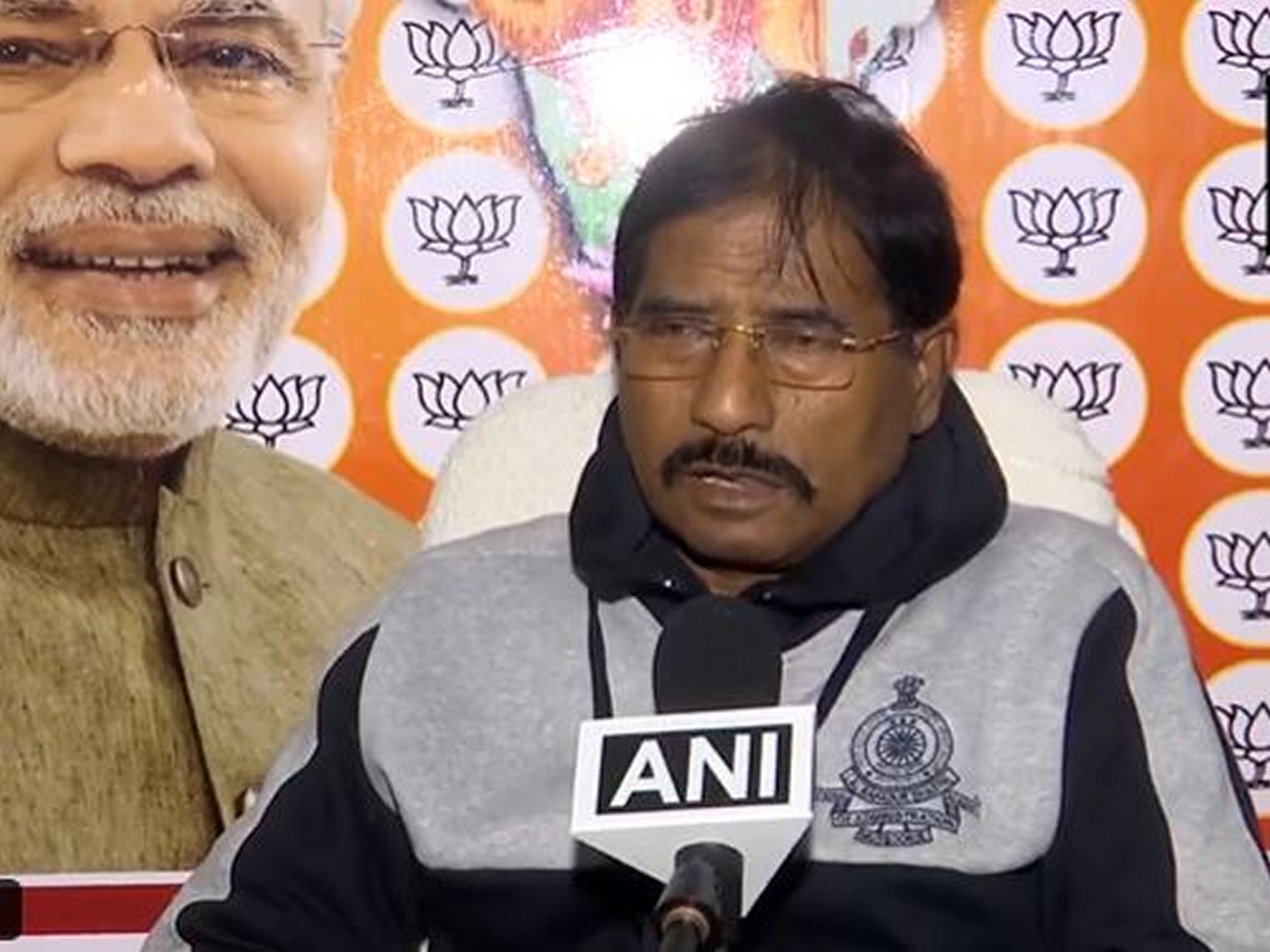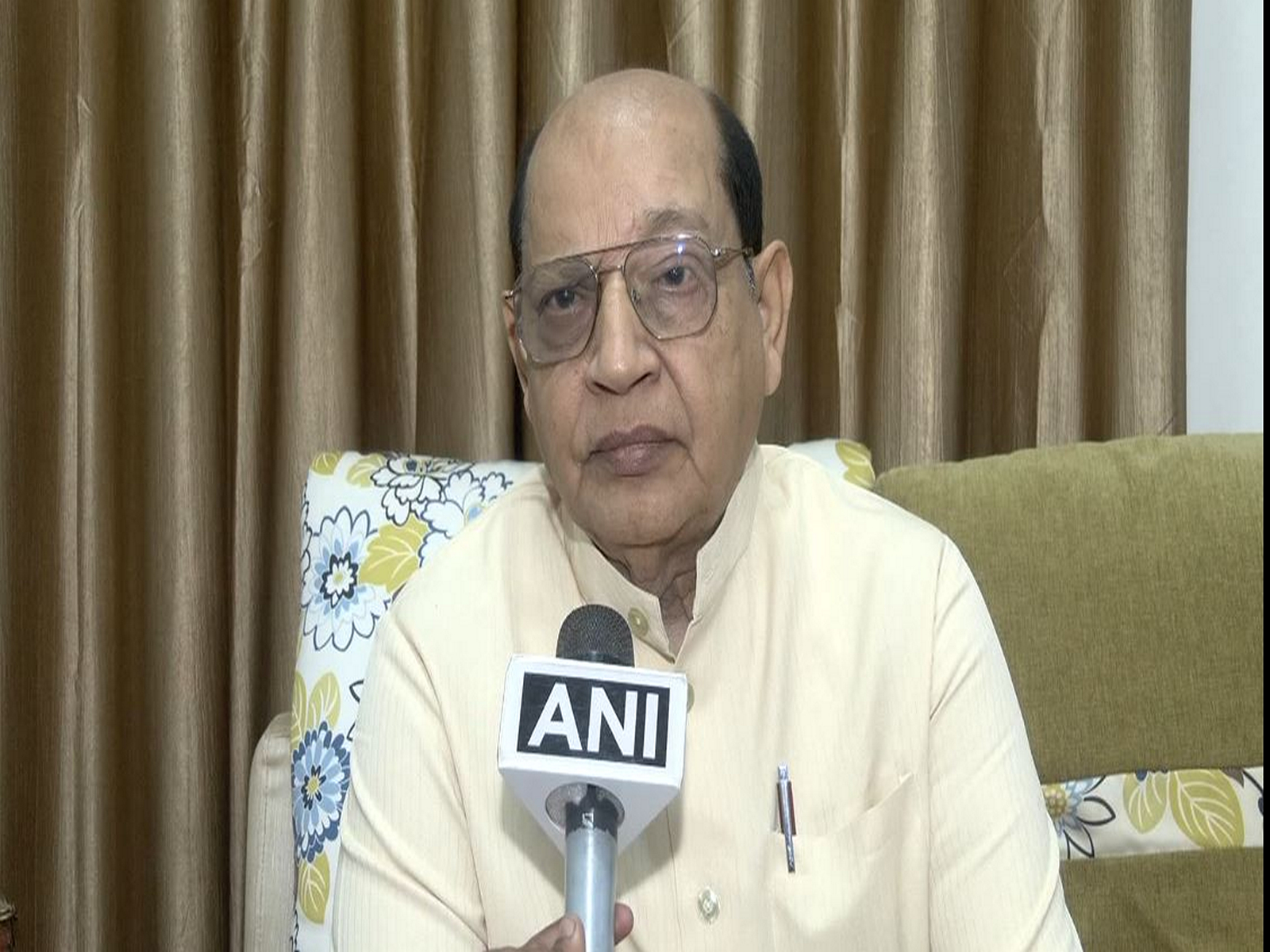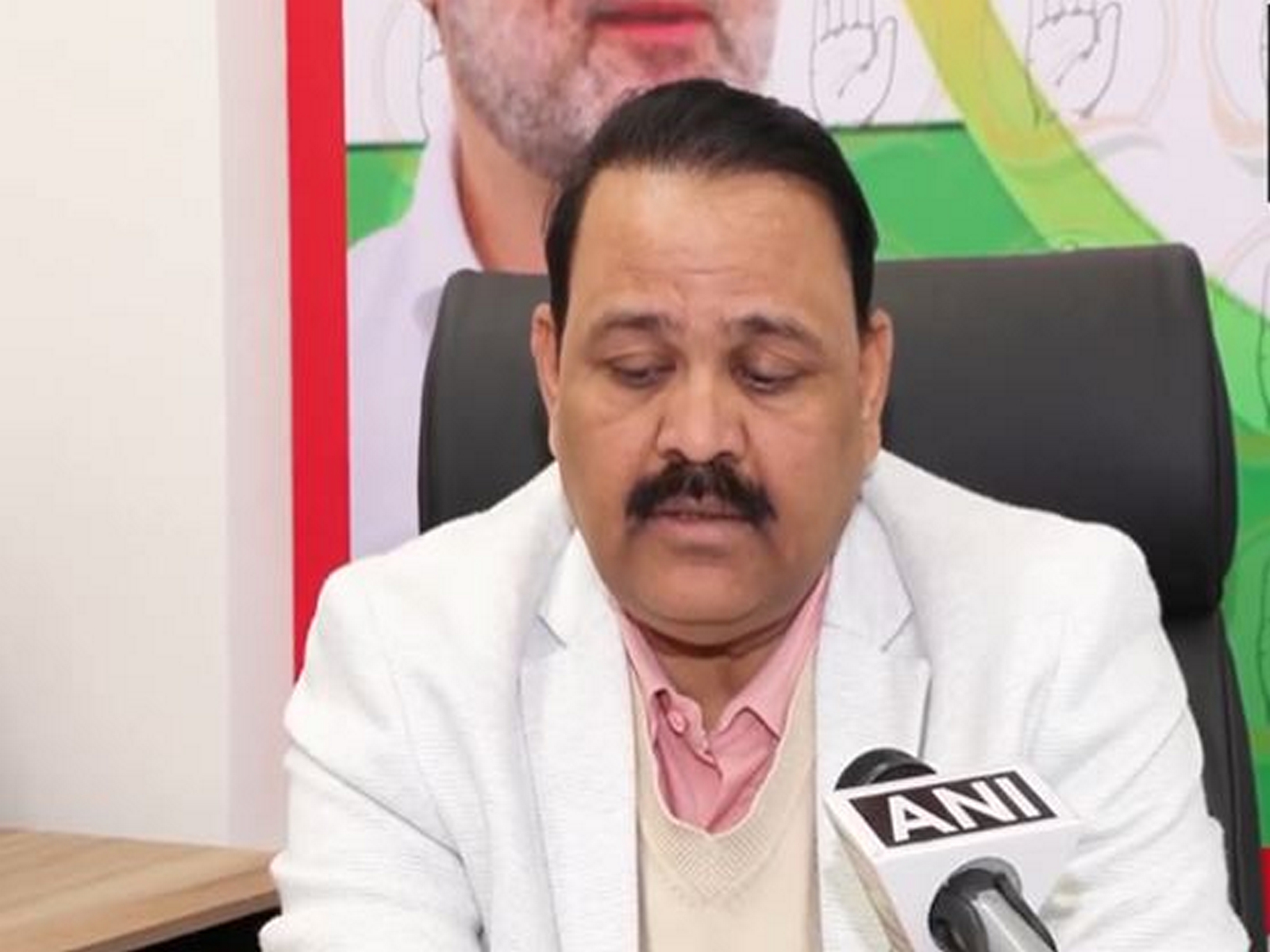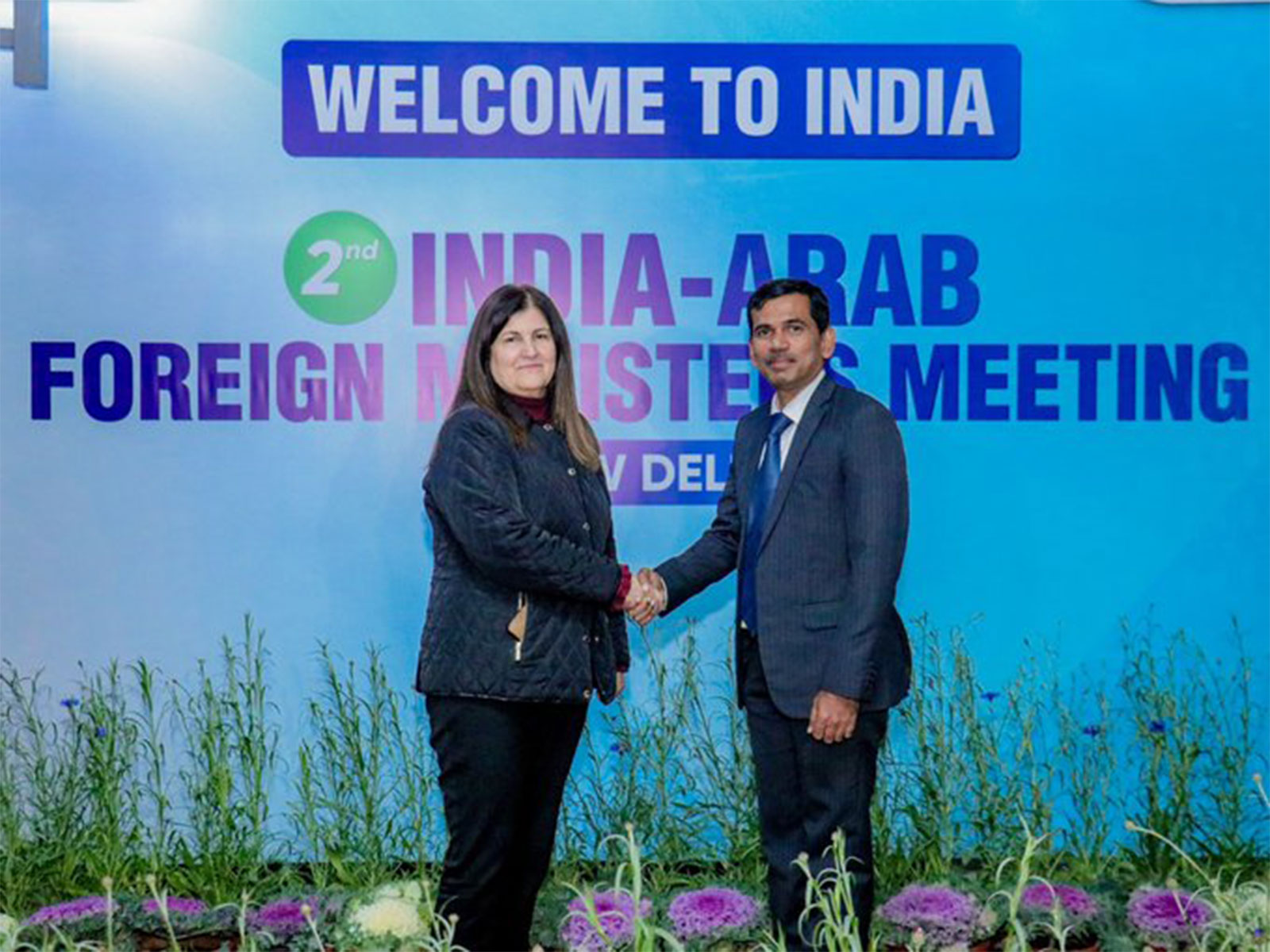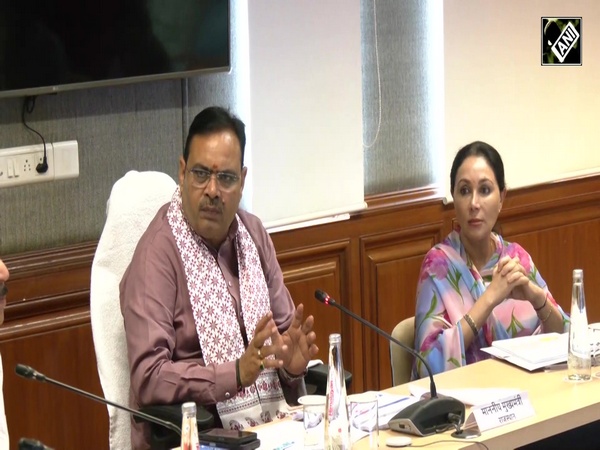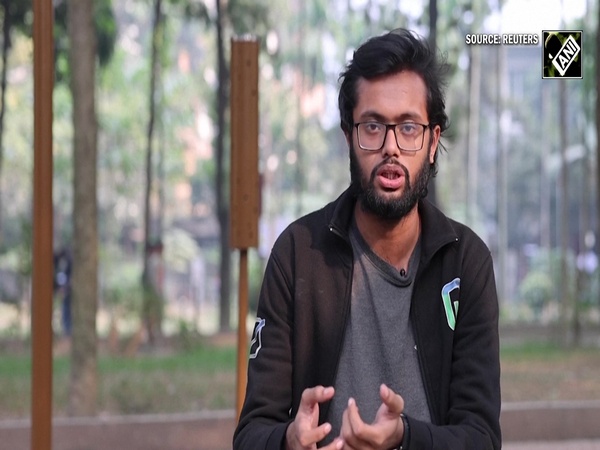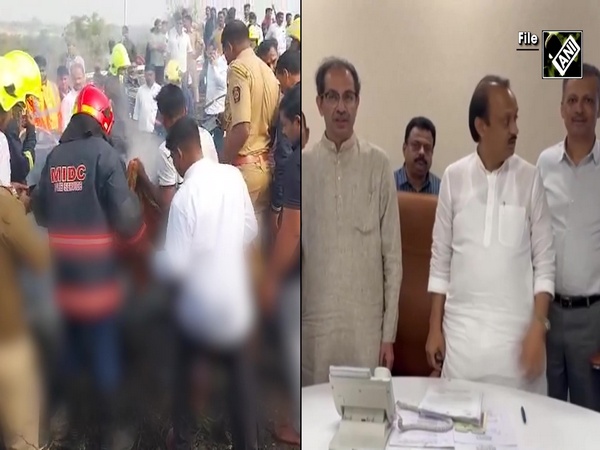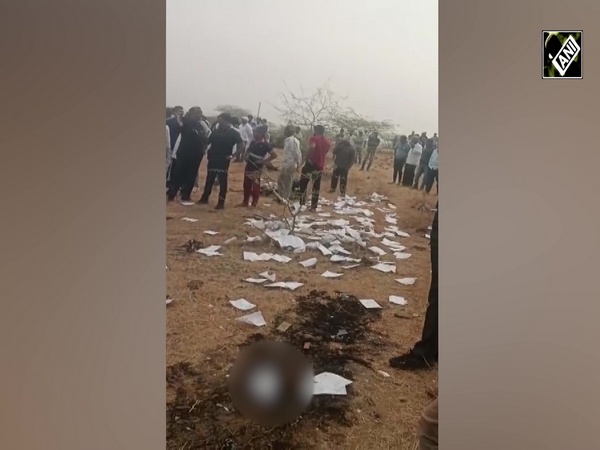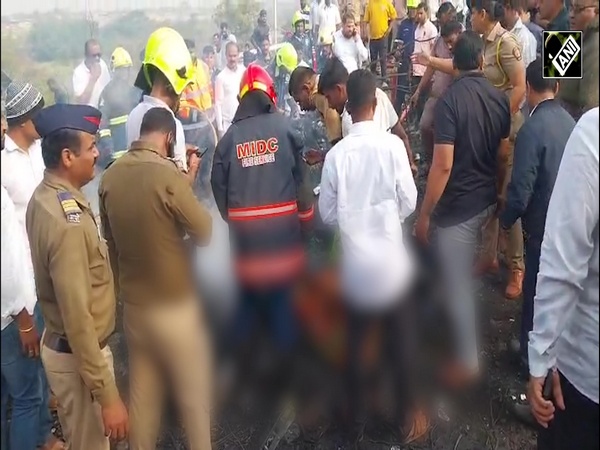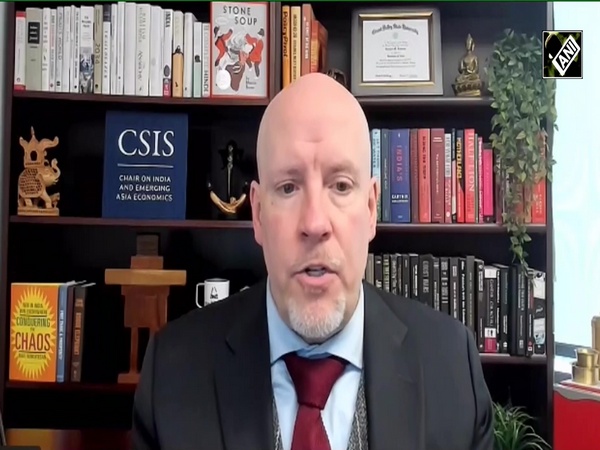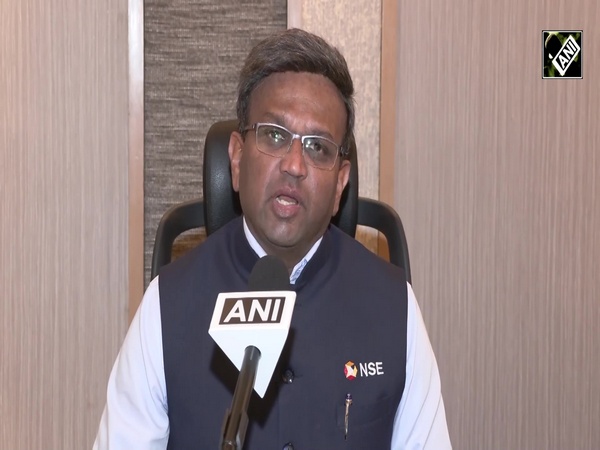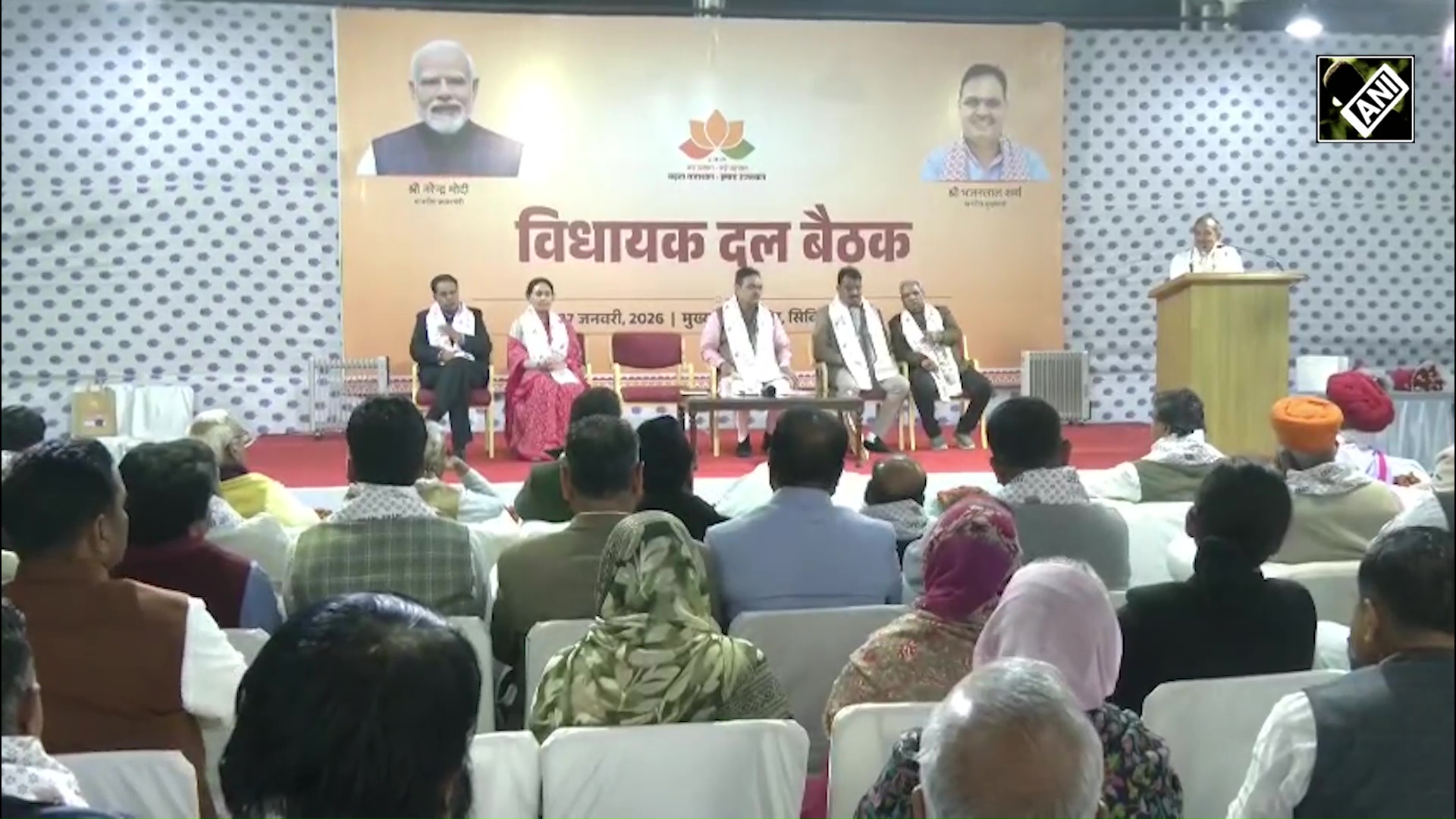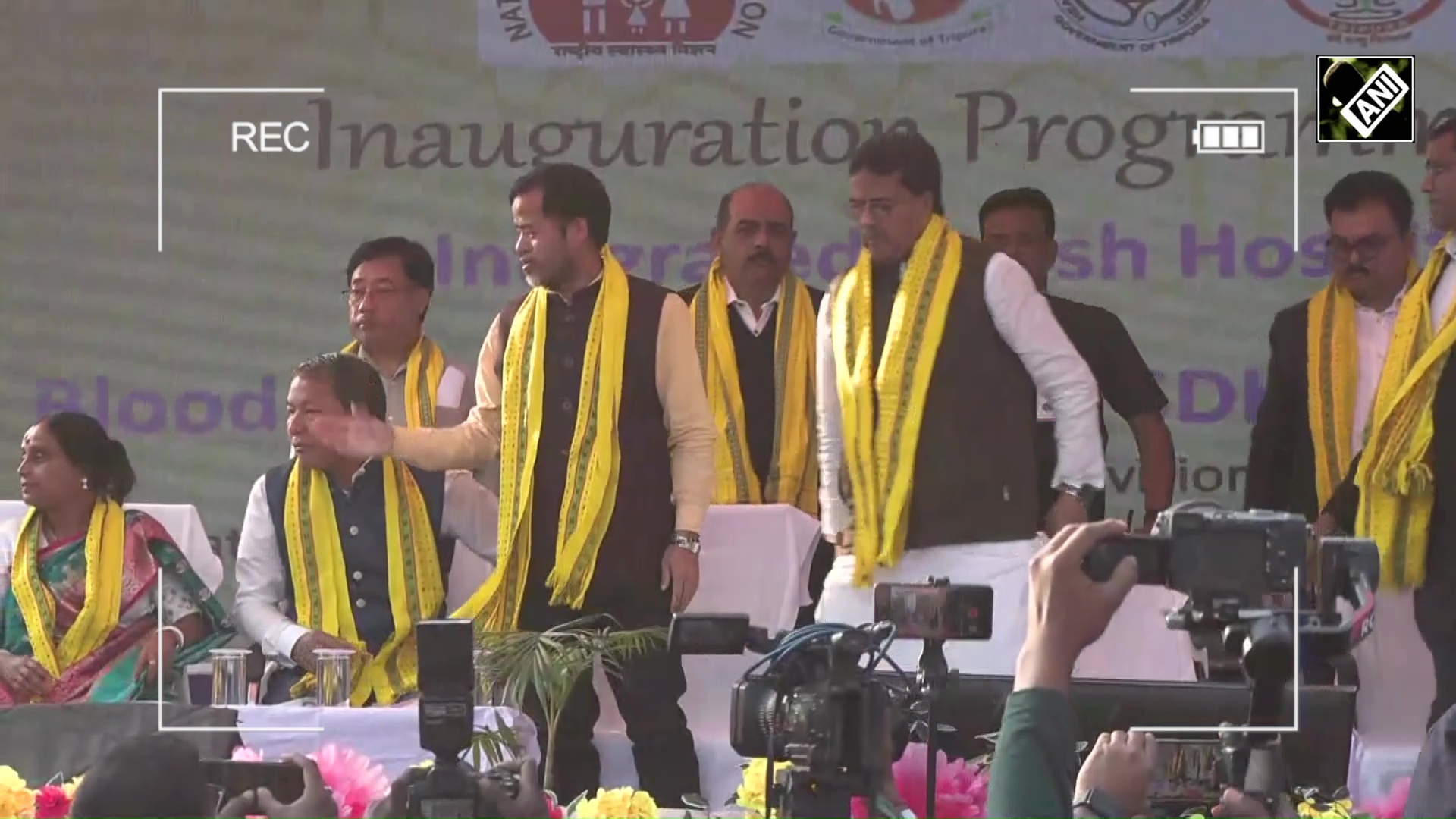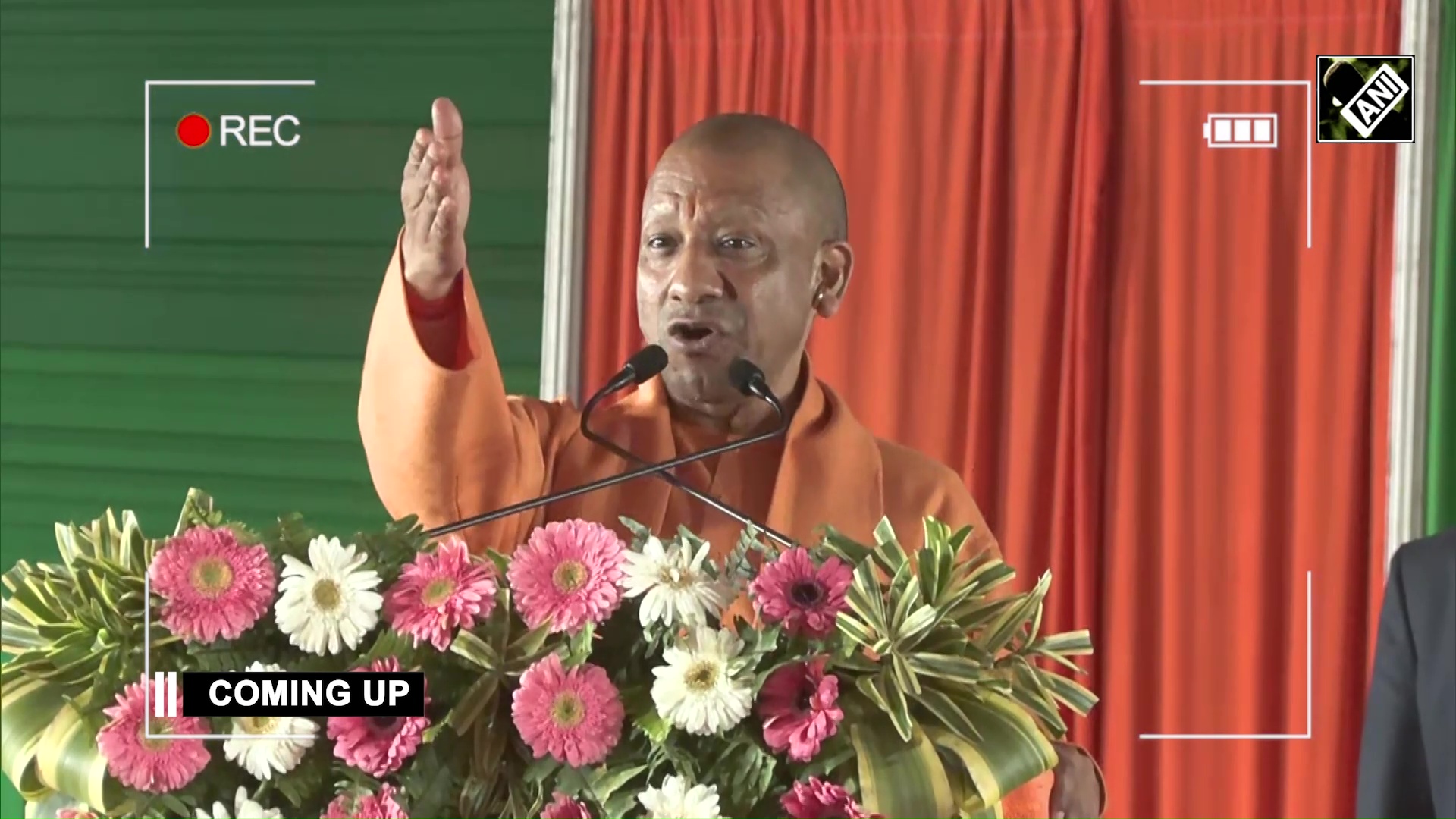Unmasking truth behind Waqf properties' "controlled by Congress" : BJP minority wing chief Jamal Siddiqui
Aug 12, 2024

New Delhi [India], August 12 : Jamal Siddiqui, the national chief of the BJP Minority Morcha, has voiced strong support for the Waqf Board Amendment Bill recently introduced in Parliament.
In an interview with ANI, Siddiqui emphasized that the bill has been welcomed not only by him but by Muslims across the country.
"The way the Waqf Act was implemented, it was a license to plunder. This type of waqf property was looted during the Congress regime, and the board itself was helpless and did not know how to take action. Our government, our Prime Minister Narendra Modi, has done the work of giving him strength and taking back the looted property. We all thank him from the bottom of our hearts," Siddiqui stated.
He went on to accuse those who control waqf properties of treating them as personal assets. "However, under the leadership of PM Modi, our government is working to change this by introducing amendments to the Act, aiming to extend the benefits of waqf properties to the general public," he added.
Siddiqui also took a swipe at opposition parties, accusing them of using religion as a political tool. He specifically targeted AIMIM chief Asaduddin Owaisi, stating, "Owaisi Saheb is shouting because when anyone goes to Hyderabad, they will see that hundreds of properties are under the control of Owaisi ji. He will definitely shout because all his truth will come out."
The BJP leader highlighted the ongoing efforts by Muslims across the country to meet with Union Minister Kiran Rijiju, demanding investigations into Waqf properties. "A delegation from the Uttarakhand Waqf Board came and said they want an investigation into their office's tenure and all Waqf properties. They want to know who controls these properties and where they are," he revealed.
Siddiqui highlighted the significance of Waqf assets, describing them as the second-largest asset holder in the country after the railways. He criticized Congress leaders for allegedly controlling these assets and expressed confidence that the income from Waqf properties would soon benefit the common man. "The donors' intention was to use this property for Allah's sake, which will now be fulfilled," he asserted.
Addressing concerns about the composition of the Waqf Board, Siddiqui mentioned that there is a demand for only Muslims to be on the board. "We are all Indians, we are all brothers and sisters, and this alliance of Congress, SP, BSP, and INDIA Alliance only does politics of religion," he remarked.
Siddiqui concluded by emphasizing the BJP's commitment to serving and protecting Waqf properties for the benefit of the poor, irrespective of religion. He urged for an open discussion on the issue, stating, "The BJP Minority Morcha has told the BJP organization that the Waqf Board issue is related to religion, so religious sentiments should be considered, and it should be discussed openly."
The Waqf Board Amendment Bill has been referred to the Joint Parliamentary Committee (JPC) for further consideration. Siddiqui expressed hope that the JPC would take into account the diverse views and create a bill that strengthens unity and integrity in the country.
Meanwhile, a 31-member Joint Parliamentary Committee including 21 Lok Sabha MPs and 10 Rajya Sabha MPs has been constituted to look into the Waqf (Amendment) Bill, 2024.
Union Parliamentary Affairs Minister, Kiren Rijiju introduced The Waqf (Amendment) Bill and proposed sending it to a joint parliamentary committee after Opposition parties objected to its provision.
It seeks to clearly define "waqf" by any person practicing Islam for at least five years and having ownership of such property and ensure that the creation of Waqf-alal-aulad does not lead to the denial of inheritance rights to women.
It also seeks to omit the provisions relating to "waqf by user", provide the functions of the Survey Commissioner to the Collector or any other officer not below the rank of Deputy Collector duly nominated by the Collector for the survey of waqf properties, provide for a broad-based composition of the Central Waqf Council and the State Waqf Boards and ensure representation of Muslim women and non-Muslims.
